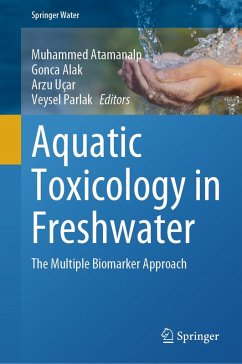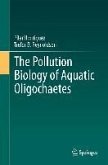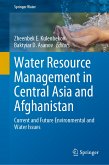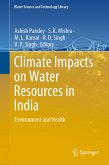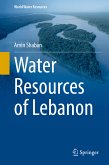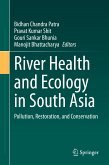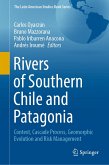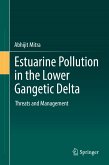The combined use of a biomarkers range that can indicate exposure to pollutants and measure their effects on living organisms enables a more comprehensive and integrative assessment of indicator organisms in the aquatic environment, both biochemically and cellularly. In conclusion, the multiple biomarker approach had received great interest in ecotoxicological research and had recently been adapted to both field and laboratory studies.
Dieser Download kann aus rechtlichen Gründen nur mit Rechnungsadresse in A, B, BG, CY, CZ, D, DK, EW, E, FIN, F, GR, HR, H, IRL, I, LT, L, LR, M, NL, PL, P, R, S, SLO, SK ausgeliefert werden.

